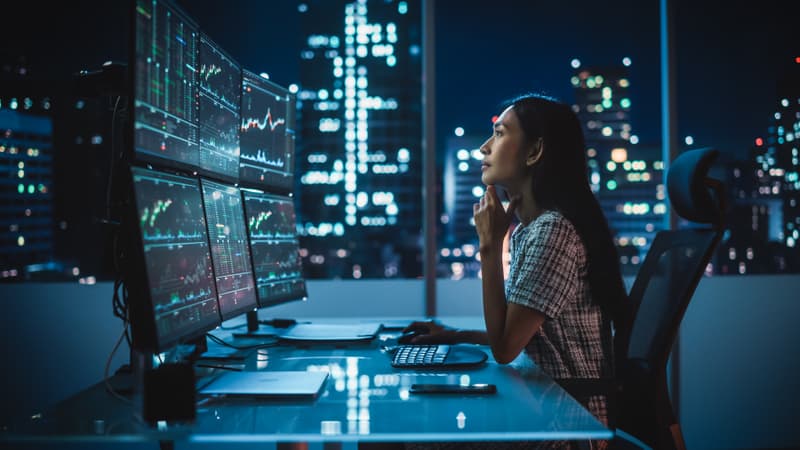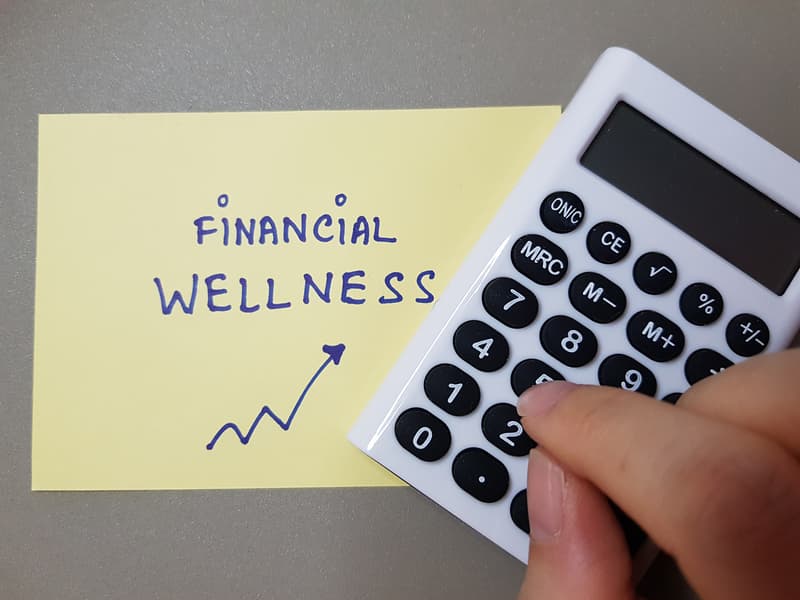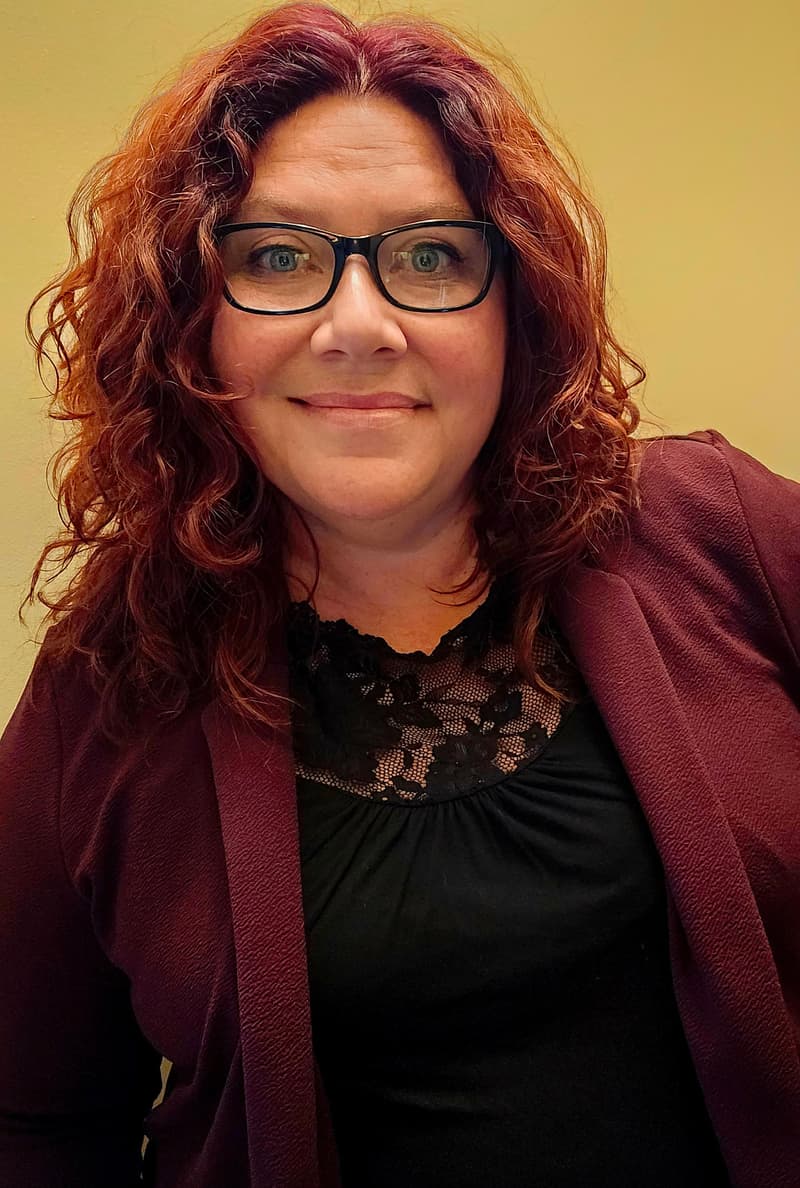
October 2021 Health insurer, Bupa UK has unveiled the next phase of its innovative talent programme eco-Disruptive that celebrates the rising stars looking to make positive contributions to the environment and is supported by its entire workforce.
Six individuals have been announced as the programme’s regional winners who successfully completed a series of challenges to improve the carbon footprint of local start-ups and social enterprises. From biodiversity forest experts to food sustainability apps, the six finalists will compete to be crowned the over Bupa eco-Disruptive winner.
The global programme forms an integral part of the company’s wider sustainability strategy, ‘One Health’ that brings together planetary and human health.
Sally Pain, Chief Sustainability and Corporate Affairs Officer, Bupa Global, India & UK said: “eco-Disruptive involves everyone at Bupa. It’s a key part of our plan to demonstrate the link between people and planet health, promote eco-health credentials and support our sustainability strategy.
The programme promotes agile ways of working, stretching emerging talent and giving them a tangible way to contribute and make a better world.
By implementing these initiatives, engaging our workforce and encouraging positive behaviour changes, we can work towards achieving our goal of becoming net zero carbon by 2040.”
What is eco-Disruptive?
eco-Disruptive is a clear signal of intent to harness the energy and passion of the people at Bupa and bring innovation to help accelerate the sustainability agenda. A global innovation challenge across some of the largest parts of Bupa (Australia, Spain, Chile and the UK), which started in May 2021 and will run until December this year when a winner will be chosen.
126 eco-Disruptors (employees) from Bupa have formed into teams to use agile ways of working and connect initially with around 500 eco start-ups, eventually selecting one per team to work with – 18 overall. They’ll develop a Minimal Viable Product (MVP) for a product or service. Our employees will vote for a winner in each country and then an overall global winner at a grand finale in December and Bupa will then invest in that winner.
How does the eco-Disruptive programme work?
Each team has been assigned one of six challenges which aim to have a positive impact on people and planetary health: reducing carbon emissions; improving air quality through greener transport; eliminating waste and reducing consumption; increasing, restoring or protecting biodiversity; making our cities healthier, more sustainable and resilient; and empowering people to improve their health and the planet’s health.
The eight-month long programme runs across three hub regions: UK, Spain & Chile and Australia there will be a local winner selected in each country and an overall winner voted by Bupa employees.
Working alongside local eco start-ups and social enterprises, participants in each country are tasked with a series of challenges that are aligned to the UN Strategic Development Goals (SDG’s). The challenge areas addressed the environmental issues: biodiversity, climate change and CO2 reduction, education and behaviour change, circular economy and responsible consumption, healthy cities and citizens, sustainable travel and clean air.
All staff are involved in the programme, helping to decide each country winner (who will receive £50,000 prize) and the overall Bupa winner (£200,000 prize).
Meet the finalists
Biodiversity: Creating Tomorrow’s Forests
Creating Tomorrow’s Forests are biodiversity experts – literally building the forests of tomorrow! They’ve planted over 8 million trees in the UK as well as creating natural, diverse landscapes full of trees, shrubs, and wildflowers. They install bat and bird boxes, create wildflower meadow patches, dig ponds, plant aquatic marginal plants, build hibernacula (insect & reptile homes) and create complete ecosystem habitats. Their team includes a Dr of Ecology, tree experts, foragers, and adventurers. They’re dedicated, fun and innovative.
They have big dreams and a vision that could impact us all. Through their digital platform, we can change landscapes, increase wildlife, improve health, and save the world.
Healthy Cities & Citizens: Greentalk
GreenTalk Labs have created an app that allows users to find and enjoy nature local to them, nurturing the lungs of cities whilst helping people reduce their carbon footprint and become more active. They have mapped 700,000 publicly-managed trees in London, so users can find routes around parks and tree-lined streets. This scalable technology – next city roll out is Manchester (then the world!) – helps to improve heath by exploring the nature that is all around. App users can plan ‘green’ walking routes and identify and learn about rare trees. Most excitingly the app encourages the adoption of local trees (one third of newly planted trees will die if not cared for) and features key information to care for the adopted tree.
Education & behaviour change: Foodsteps
Foodsteps began as a group of food sustainability scientists studying at the University of Cambridge with experience working within the catering industry. They want to empower people to make sustainable choices about their food using innovative tools such as a carbon labelling system, as well as an app that allows customers to see the journey their food has taken from farm to fork. Their technology and innovations have enabled food companies to go carbon neutral and even carbon negative.
Circular Economy & Responsible Consumption: BIOHM
Biomh bring the principles of biomimetics into the construction industry by adapting and applying the ingenuity that is found in nature to our built environment. They have developed a funghi that eats plastic and converts into mycelium which is fully carbon neutral. The by product is farmed and repurposed to create insulation and sheet materials used in construction. They aim to revolutionise our built environment and the way we do business through the development of bio-based materials, circular construction systems and innovative business models. The founders put back 50% of profits back to their local communities.
Sustainable transport and clean air: Go Rolloe
GoRolloe is a device that attaches to bike wheels to filter air pollution simply using the rider’s motion and energy. As the wheel spins, it creates a force that draws air into a set of filters and expels it back out cleansed of particulate matter and noxious gases. The filters are made of natural fibres and designed to be collected, cleansed, and reused at the end of life. GoRolloe can be used indoors to purify the air in your home, or outdoors to help improve air quality in your city. The more your cycle the more you’re rewarded through the app.
Climate change & CO2 reduction: Upcycled Medical
Upcycled Medical help clean our oceans of post-consumer plastic. As the Seaqual partner, they recover and remove discarded plastic from the sea and landfill, transforming it into yarn for medical textiles and clothing e.g. 30,000 PET plastic bottles (558kg of plastic) can be turned into 1,000 medical scrubs. Their proposition can help us meet our CO2 reduction targets, become more efficient and save on energy and water by creating an ecologically sound, circular re-use infrastructure and culture.


